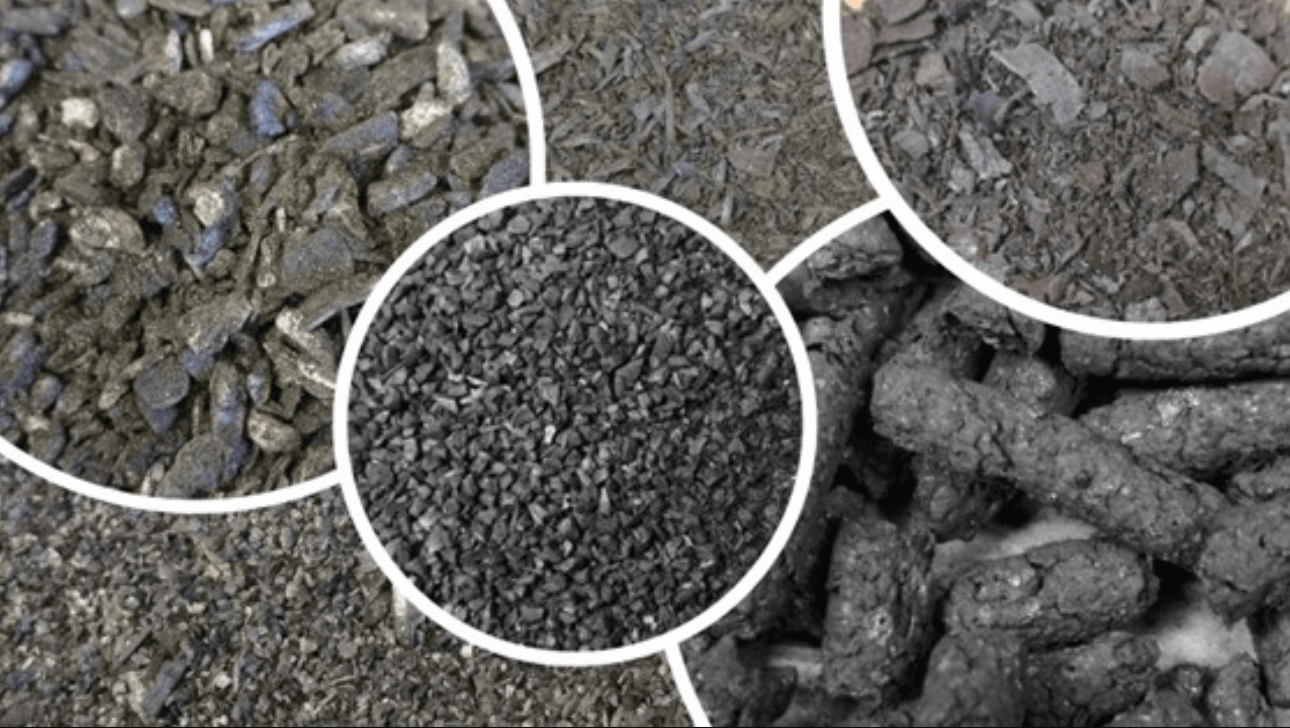When the first baby to be conceived using a technique that mixes genetic material from three people was born, in 2016, scientists worried that the procedure had not been studied to show it was safe. Now, scientists in China have conducted the first comprehensive study of the technique in early-stage human embryos, and report that it does not seem to affect their development.
Techniques for using genetic material from three people to make embryos are designed to prevent mothers with defects in their mitochondria — the organelles that provide cells with energy — from passing them on to their children. Mitochondria contain their own DNA, and children inherit all of their mitochondria from their mother.
As part of the study, the team compared dozens of human embryos that underwent spindle transfer with a control group of embryos. Both sets of embryos were allowed to develop for up to one week after fertilization. The researchers found that cells from a five-day-old ‘blastocyst’ in both groups had almost identical levels of gene expression and transcription, suggesting that spindle transfer does not seem to affect early embryonic development. The authors reported their findings in PLoS Biology.
































